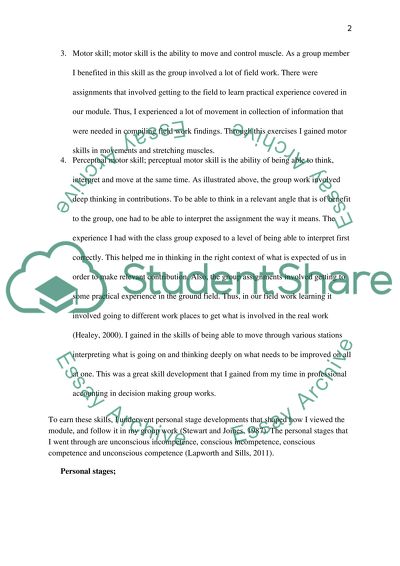Cite this document
(“Professional Accounting Skills For BusinessDecisions Essay”, n.d.)
Retrieved from https://studentshare.org/finance-accounting/1397366-professional-accounting-skills-for-businessdecisions
Retrieved from https://studentshare.org/finance-accounting/1397366-professional-accounting-skills-for-businessdecisions
(Professional Accounting Skills For BusinessDecisions Essay)
https://studentshare.org/finance-accounting/1397366-professional-accounting-skills-for-businessdecisions.
https://studentshare.org/finance-accounting/1397366-professional-accounting-skills-for-businessdecisions.
“Professional Accounting Skills For BusinessDecisions Essay”, n.d. https://studentshare.org/finance-accounting/1397366-professional-accounting-skills-for-businessdecisions.


